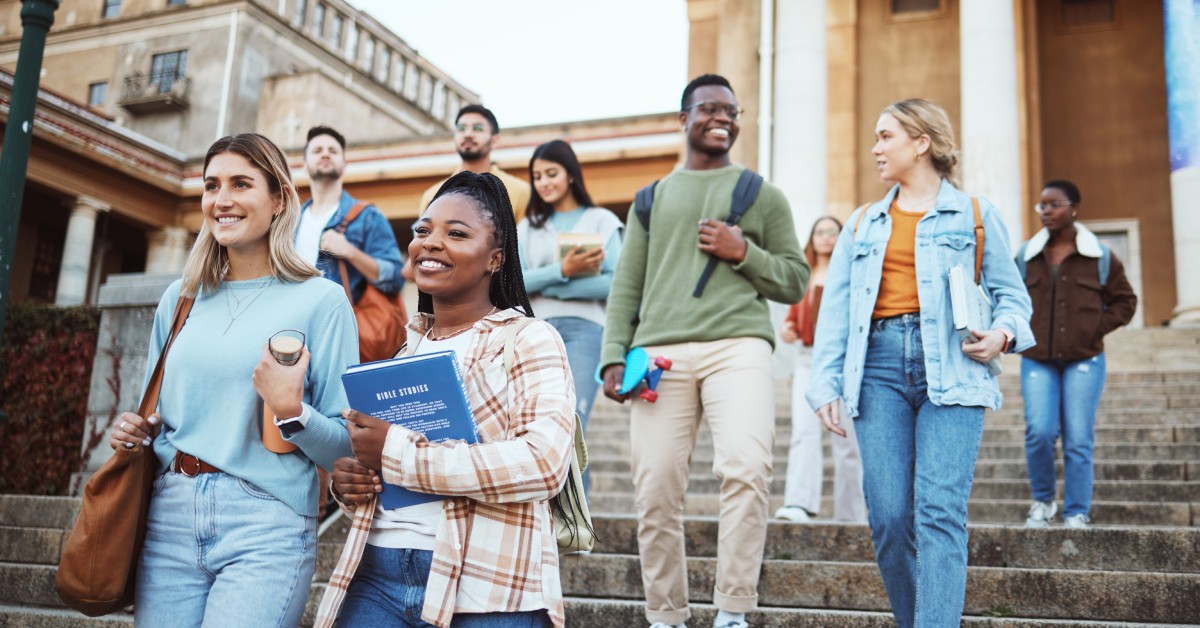
Planning to study in the U.S. can be an exciting yet overwhelming experience, especially when it comes to understanding the visa options available to you. Two of the most common visas for international students and their families are the F1 and F2 visas. But which is right for you? This guide aims to demystify these visa types, comparing their benefits, requirements, and ideal candidates to help you make an informed decision.
Understanding F1 and F2 Visas
The F1 visa is primarily for international students wishing to pursue academic studies or language training programs in the United States. This visa covers a range of educational institutions, from universities and colleges to high schools and private elementary schools. The F2 visa, on the other hand, is a dependent visa. It allows immediate family members of F1 visa holders to reside in the U.S. while the primary visa holder completes their education.
The eligibility criteria for each visa differ significantly. A U.S. educational institution must accept the applicant for them to be eligible for the F1 visa, and the applicant must demonstrate sufficient financial resources to cover tuition and living expenses. F2 visa applicants, usually spouses or unmarried children under 21 years of age, must prove their relationship to the F1 visa holder.
Comparing F1 and F2 Visas
F1 and F2 visas offer contrasting experiences regarding rights, restrictions, and responsibilities. F1 visa holders have the right to work on-campus for up to 20 hours per week during academic terms and full-time during the holidays. They may also be eligible for Optional Practical Training (OPT) and Curricular Practical Training (CPT), which allow for off-campus employment related to their field of study.
F2 visa holders, however, face more restrictions. They cannot engage in paid employment under any circumstances, although they may volunteer. Additionally, while F1 visa holders can enroll in full-time academic programs, F2 dependents can only participate in part-time studies or avocational courses.
The responsibilities accompanying each visa type also differ. F1 visa holders must maintain full-time enrollment and show satisfactory academic progress. F2 visa holders must ensure their status remains linked to the F1 visa holder in compliance with visa regulations.

Who Should Apply for an F1 Visa?
An F1 visa is ideal for students with aspirations of studying full-time in the U.S. The F1 visa provides the flexibility to enroll in a range of academic institutions, whether you’re aiming for a bachelor’s degree, a master’s program, or even a doctorate. This visa supports your academic pursuits and allows you to gain practical work experience through OPT and CPT programs.
Students applying for an F1 visa should thoroughly prepare. Acceptance into a U.S. educational institution is a must. You must provide evidence of your financial capacity to cover tuition and living expenses. Applicants must also demonstrate strong ties to their home country to prove they intend to return after completing their studies.
The application process involves several steps, including obtaining a Form I-20 from your chosen institution. Once the form is complete, you must also pay the SEVIS fee and schedule a visa interview. Prepare to answer questions about your study plans, financial situation, and future intentions. Consular officers will assess your eligibility and intentions, so it’s crucial to provide accurate and consistent information.
Who Should Apply for an F2 Visa?
The F2 visa is best for spouses and unmarried children under 21 years old who wish to accompany or join an F1 visa holder in the U.S. This visa allows families to stay together while the primary visa holder completes their education. It’s a convenient option for those who want to support their loved ones during their academic journeys.
Applicants must provide proof of their relationship to the F1 visa holder to apply for the F2 visa. Essential documents include marriage certificates for spouses and birth certificates for children. It’s also crucial to demonstrate that the F1 visa holder has sufficient financial resources to support their dependents.
Although F2 visa holders face some restrictions, such as the inability to work, they can still engage in part-time studies and volunteer activities. This visa type ensures that families remain united, offering emotional and logistical support to the F1 visa holder.

Pros and Cons of F1 and F2 Visas
Both visas come with their advantages and limitations. The primary benefit of an F1 visa is the opportunity to pursue full-time studies and gain practical work experience in the U.S. This visa type allows for academic and professional growth, making it an excellent choice for ambitious students.
However, F1 visa holders must adhere to strict regulations, such as maintaining full-time enrollment and demonstrating satisfactory academic progress. Failure to comply with these rules can lead to visa revocation and potential deportation.
F2 visa holders enjoy the benefit of residing in the U.S. with their loved ones, providing essential support during their academic endeavors. They can also engage in part-time studies and volunteer activities, making the experience more fulfilling.
The main drawback for F2 visa holders is the inability to work for pay. This restriction can limit their financial independence and career growth. Nevertheless, the opportunity to stay together as a family often outweighs these limitations.
Consult an Immigration Expert
Determining which is right for you, the F1 or F2 visa depends on your unique circumstances and goals. The F1 visa is ideal for students seeking full-time academic pursuits and practical work experience. The F2 visa is perfect for family members who wish to accompany or join an F1 visa holder in the U.S.
Both visa types offer distinct benefits and limitations. Understanding these differences and thoroughly preparing for the application process is vital. Doing so can enhance your chances of success and make the most of your time in the U.S.
Consulting an immigration expert can provide valuable insights and guidance for those still unsure about which visa to pursue. A FOIA attorney from Gahagan Law Firm can help you retrieve the information and records you need to successfully submit your visa application. We’ll assist you as you embark on a journey of personal and academic growth, whether you choose to pursue an F1 or F2 visa. Contact us today to learn more!
